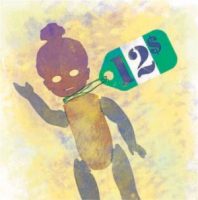
Boko Haram chose its victims for a reason -- to stop progress
Millions of people around the world have tweeted in recent weeks using the hashtag #BringBackOurGirls. That's an important sentiment, and not just as it relates to the kidnapping of 276 female students by Boko Haram in northern Nigeria.
The region in which the abductions took place is reaching an ecological and social tipping point, and in the years to come, much will depend on its girls.
In a video released on May 4, Boko Haram's despicable leader, Abubakar Shekau, says: "Girls must give their hands in marriage because they are our slaves. We would marry them out at the age of 9.… Seguir leyendo »







